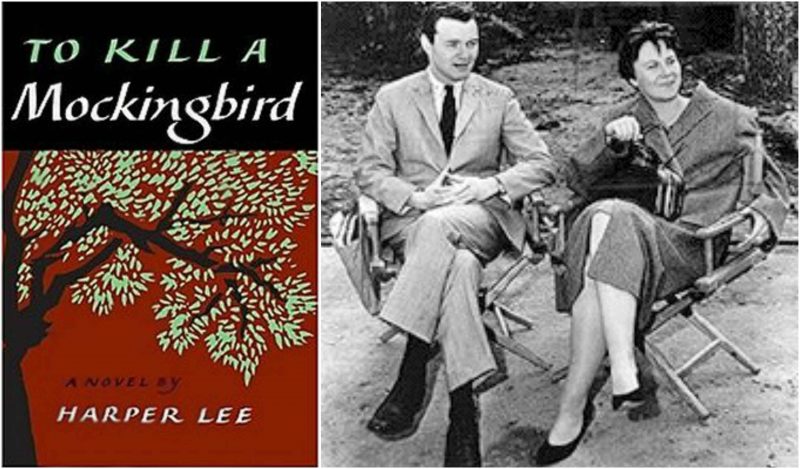“To Kill a Mockingbird” is without any doubt one of the greatest books ever written. It is an eternal reminder of what childhood used to be until the 21st century. It deals with the subjects of US politics, laws, and history, all seen through the eyes of a child who doesn’t even know how to, and doesn’t see the need to, understand them.
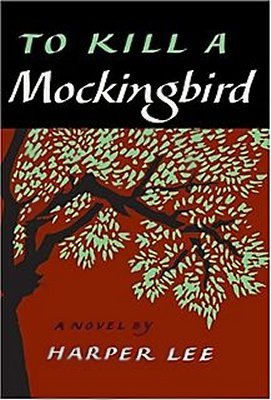
A great book can not be written without a great history. Harper Lee was a student of law at the University of Alabama in Tuscaloosa but never graduated. Instead, she moved to New York City, where she worked as an airline reservation agent. In her spare time, she wrote short stories and managed to publish most of them. She was a beloved member of certain literary circles, and through her childhood friend Truman Capote she met many already famous writers.
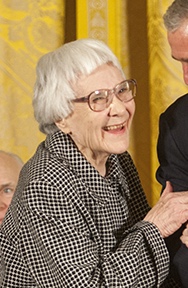
At a Christmas dinner in 1956, she received money equal to one year of her wages as a gift from a friend, along with the note: “You have one year off from your job to write whatever you please. Merry Christmas.” After years of speculation, it was revealed that this gift came from Michael Brown and his wife. She took the gift rather seriously. Neither the Browns nor Lee could imagine that the gift would create an infinite smile on the face of anyone who would read Lee’s story.

She first wrote the script of “Go Set a Watchman”, which at the time seemed marvelous story but was not publishable. It took Lee two years to rewrite it and hand it to the publisher under the new name “To Kill a Mockingbird”. Harper Lee, quoted in Newquist, 1964
The book closely resembles Lee’s childhood, and all characters and events in the book are based on real ones. One of the main characters in the book, Dill, was inspired by Truman Capote. As for the book, Lee explained it in her words:
“I never expected any sort of success with Mockingbird. I was hoping for a quick and merciful death at the hands of the reviewers but, at the same time, I sort of hoped someone would like it enough to give me encouragement. Public encouragement. I hoped for a little, as I said, but I got rather a whole lot, and in some ways this was just about as frightening as the quick, merciful death I’d expected.” — Harper Lee, quoted in Newquist, 1964
Lee received the Pulitzer Prize in 1961, immediately after “To Kill a Mockingbird” was published.
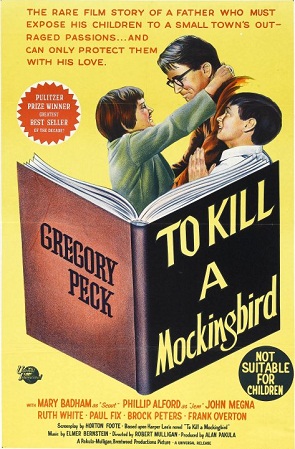
In 1962, a year after the book was published, a movie version of “To Kill a Mockingbird” was released. Gregory Peck portrayed Atticus Finch and won an Oscar for his role. Both Peck and Lee remained close lifelong friends. She kept the friendship with Peck’s family even after his death, and one of Peck’s grandsons was named after her.
The film has many fans, including Superman himself, as revealed in issue 81 of the comic.
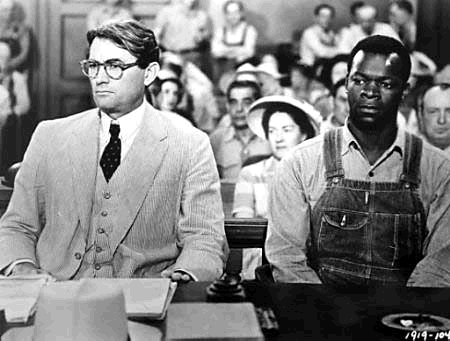
Meanwhile, something strange was happening. Lee’s book had been banned in a school in Richmond, Virginia, after being labeled “immoral literature.” Well, Lee’s response to the accusation was straightforward and unforgettable:
“Recently I have received echoes down this way of the Hanover County School Board’s activities, and what I’ve heard makes me wonder if any of its members can read.
Surely it is plain to the simplest intelligence that To Kill a Mockingbird spells out in words of seldom more than two syllables a code of honor and conduct, Christian in its ethic, that is the heritage of all Southerners. To hear that the novel is ‘immoral’ has made me count the years between now and 1984, for I have yet to come across a better example of doublethink.
I feel, however, that the problem is one of illiteracy, not Marxism. Therefore I enclose a small contribution to the Beadle Bumble Fund that I hope will be used to enroll the Hanover County School Board in any first grade of its choice.”
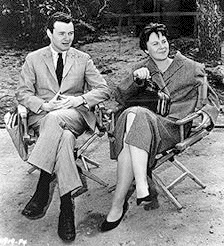
in 1962
The editor of the school’s newspaper wrote that “A more moral novel scarcely could be imagined” and gave 81 copy of the book for free to kids from the school.
Lee was appointed to the National Council on the Arts by President Lyndon B. Johnson in 1966.
In 2007, 47 years after “To Kill a Mockingbird” was published, Lee was presented with the Presidential Medal of Freedom by President George W. Bush, which is the highest civilian award in the United States.
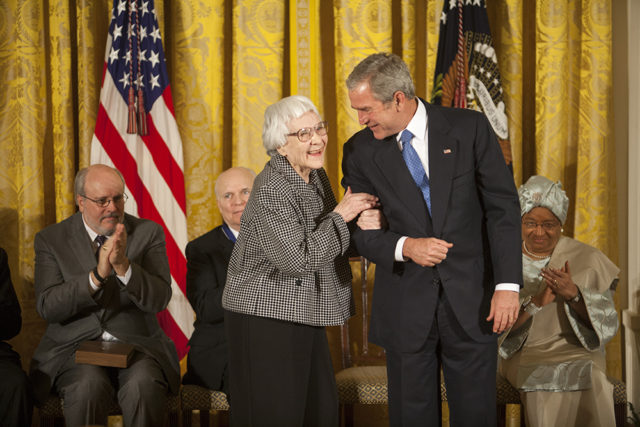
She didn’t write another novel after “To Kill a Mockingbird,” only short stories, and yet the book deserves recognition as long as a degree humanity remains in any of us. The script of her first book – “Go Set a Watchman” was published posthumously.
In 2010, Lee was awarded the National Medal of Arts by President Barack Obama, the highest award given by the United States government for “outstanding contributions to the excellence, growth, support and availability of the arts.”
Lee sadly died in her sleep in February 2016, at the age of 89.
